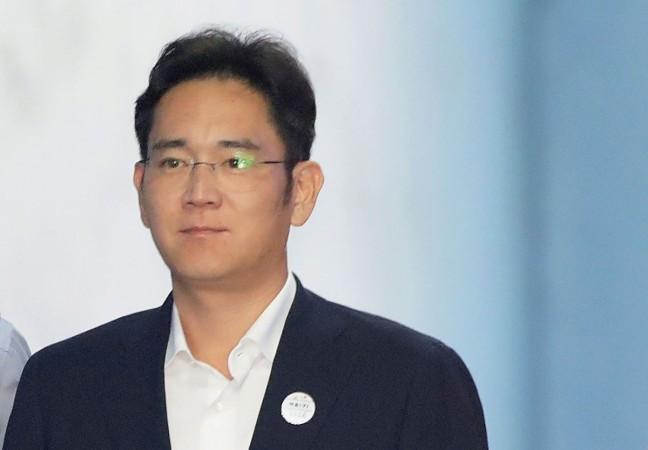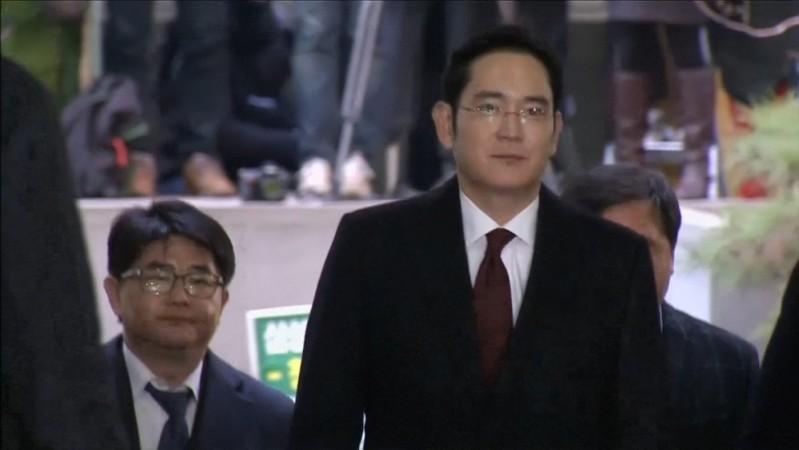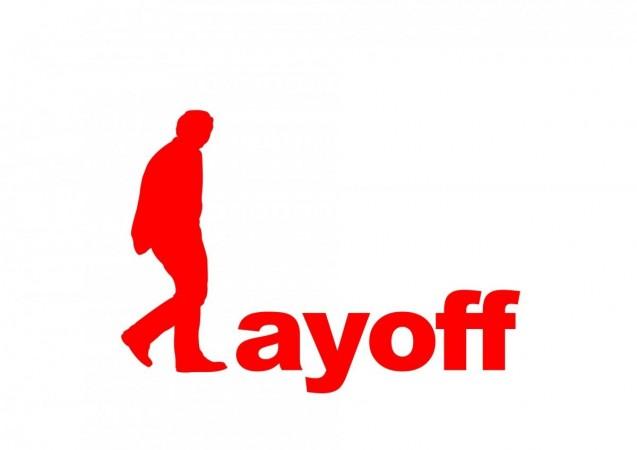
In a landmark ruling, the Seoul Central District Court acquitted Samsung Electronics Chairman Lee Jae-yong on Monday, in a case related to the controversial 2015 merger of two Samsung affiliates. The merger, allegedly conducted to facilitate Lee’s takeover of South Korea’s largest conglomerate, had been under scrutiny for years.
Lee was indicted three years and five months ago on charges of involvement in market irregularities during the merger of Cheil Industries Inc. and Samsung C&T Corp. The merger was seen as a crucial step in Lee’s succession as the heir of the family-controlled group, following his father, Lee Kun-hee’s heart attack in 2014.
The prosecution had suspected that the group manipulated the stock market to inflate the prices of Cheil and drive down Samsung C&T prices through various unfair practices. These included disseminating false market information, mass purchasing the affiliates’ stocks, and illegally lobbying the National Pension Service, a major Samsung C&T shareholder, to support the merger.
Court’s verdict
However, the court found no illegalities in Lee’s succession process. It concluded that Lee’s succession as the group chairman or the solidification of his control of the group were not the sole purpose of the 2015 merger. Furthermore, there was no evidence showing that the merger inflicted financial losses on shareholders.
The court also acquitted Lee of charges of involvement in the suspected accounting fraud at Samsung Biologics, a subsidiary of Cheil Industries. “None of the criminal charges in this case have been proven,” the court said. Lee’s side welcomed the not-guilty sentence, with a lawyer representing Lee stating, “I truly appreciate the court’s wise decision.”
The prosecution has a week to appeal the court ruling. In the ruling, Choi Gee-sung, a former head of Samsung’s now-disbanded control tower Future Strategy Office, two other former officials at the office, and 10 others were also acquitted of charges related to the merger.
Prosecutors had demanded a five-year prison sentence for Lee, along with a fine of 500 million won ($373,550), pinpointing him as the ultimate person responsible for the alleged manipulation scheme. Lee has denied the charges, claiming his personal interests were not considered during the merger of the affiliates. He has also pleaded with the court to acquit him so that he can “concentrate all resources on moving the company forward.”

Lee had been sentenced to 2 1/2 years in prison in a bribery case involving ousted former President Park Geun-hye and was released on parole in 2021 while serving the term. The following year, he was given a special presidential pardon to have all his rights reinstated and return to management.
The verdict from the Seoul Central District Court clears Lee of several charges, including stock price rigging, breach of trust, and accounting fraud, in the 2015 merger between Samsung C&T —a construction and engineering firm — and Cheil Industries. “Today’s verdict has made it clear the merger was legitimate. We sincerely thank the court for its judicious judgment,” Lee’s attorneys said in a brief statement.
In the deal, three C&T shares were offered for one Cheil share, which prosecutors claimed had “undermined the fundamentals of the market,” according to an earlier Yonhap report. “A structure in which company’s owner groups are allowed to pursue personal interest is the biggest cause of the worsening Korea discount,” the prosecution said, referring to the perceived global undervaluing of South Korean businesses.
The verdict comes almost three years after the first court hearing, with over 100 hearings being held since. This case has been one of the most high-profile legal battles in South Korea’s corporate history, drawing parallels to the 2008 acquittal of Lee’s father, Lee Kun-hee, who was charged with tax evasion and breach of trust.
The acquittal of Lee Jae-yong marks a significant moment in South Korea’s corporate governance history, echoing past instances where business tycoons have been embroiled in legal battles, only to be acquitted or given lenient sentences. This pattern has often been attributed to the significant role these conglomerates play in the South Korean economy.
The case has also highlighted the ongoing debate about the “chaebol” system, where family-controlled conglomerates dominate the South Korean economy. Critics argue that this system allows for unchecked power and potential corruption, while supporters claim it has been instrumental in South Korea’s rapid economic development.
As the dust settles on this case, the focus now shifts to how Lee Jae-yong will steer Samsung Electronics, a global leader in technology, in the post-trial era. With the legal hurdles now behind him, Lee is expected to focus on innovation and global expansion, as he seeks to consolidate Samsung’s position in the highly competitive tech industry.
Highlights
- Samsung Electronics Chairman Lee Jae-yong was acquitted in a case related to the 2015 merger of two Samsung affiliates.
- Lee was indicted on charges of market irregularities during the merger, seen as a crucial step in his succession.
- The court found no illegalities in Lee’s succession process and no evidence that the merger inflicted financial losses on shareholders.
- Lee was also acquitted of charges of involvement in suspected accounting fraud at Samsung Biologics.
- The acquittal marks a significant moment in South Korea’s corporate governance history, with focus now shifting to Lee’s leadership of Samsung Electronics.




 New Delhi, June 17, 2023: The Board of Directors of Axis Bank at its assembly held right this moment accepted the appointment of N. S. Vishwanathan, Independent Director as the Non-Executive (Part-time) Chairman of the Bank for a interval of three years, topic to approval of the shareholders of the Bank and Reserve Bank of India. His appointment will likely be efficient from October 27, 2023, or the date of approval of his appointment by the Reserve Bank of India (“Approval”) in case the Approval shouldn’t be acquired previous to October 27, 2023.
New Delhi, June 17, 2023: The Board of Directors of Axis Bank at its assembly held right this moment accepted the appointment of N. S. Vishwanathan, Independent Director as the Non-Executive (Part-time) Chairman of the Bank for a interval of three years, topic to approval of the shareholders of the Bank and Reserve Bank of India. His appointment will likely be efficient from October 27, 2023, or the date of approval of his appointment by the Reserve Bank of India (“Approval”) in case the Approval shouldn’t be acquired previous to October 27, 2023.
